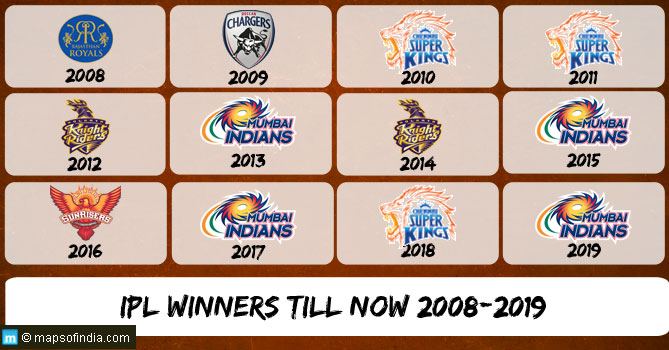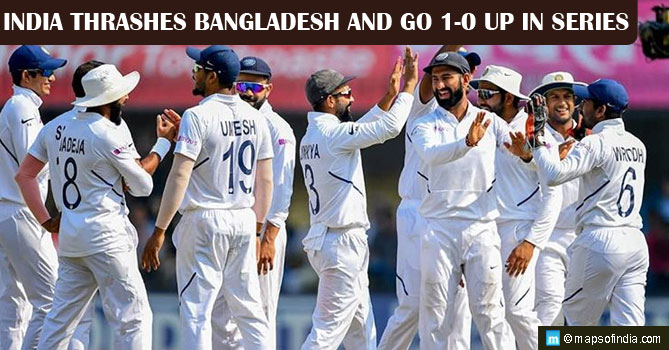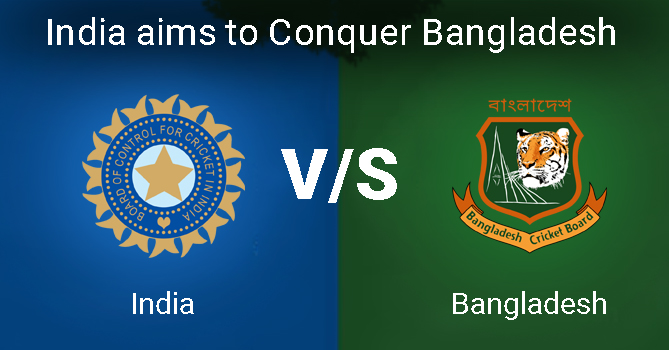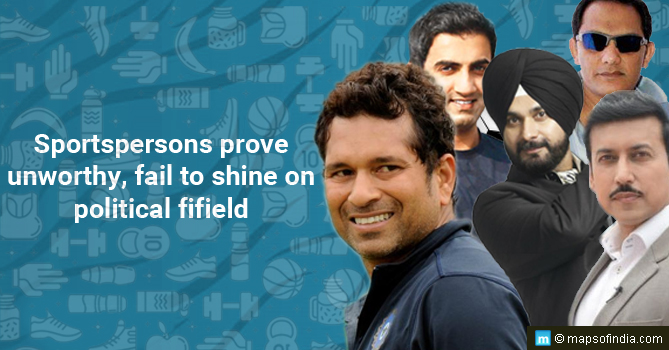Sachin Tendulkar, without a shadow of a doubt, was the greatest batsman of the modern era and in a 24 year career there were perhaps no achievements that he did not have. However, one area where he was unable to perform as well as his other facets was his captaincy. He won only 16% of the tests that he captained in and not more than 36% of the ODIs where he lead the team.
This is a strange record considering the fact that he possessed one of the finest cricketing brains in the whole world and obviously was respected by each and every member of the team. The experts have had their opinions. Bishan Singh Bedi felt that he was restricted by his middle class upbringing from being an uninhibited and authoritative captain. The opinion shared by Kapil Dev, who collaborated with him as a coach during his second stint as a captain, is similar. He too feels that he kept very quiet which went against him in his captaincy. He also feels that he was unable to communicate properly with the selectors. Barry Richards has opined that perhaps Sachin did not prefer being the captain and wanted to concentrate on his game. He has also equated the Mumbai Maestro with Jacques Kallis in this regard.
Dilip Vengsarkar has made a completely different point saying that he may not have got what he wanted from the selectors in terms of players he wanted in the team. Kiran More feels that may be he expected his team mates to perform at the level that he did. Mike Hussey feels that in case of Tendulkar perhaps the team was not good enough for him to be a successful captain. Jayawant Lele, who was one of the main administrators of BCCI when Sachin was captain, feels that he listened to far too many people. In his book entitled “I Was There – Memoirs of a Cricket Administrator” he has written that Tendulkar felt that it was disrespectful to not listen to the advice of people who were trying to help him through their suggestions. This trait also led him to, at times, ask for players who may not have been playing regular first class cricket, and thus get thoroughly rejected by selectors.
Well, mentioned below are some other reasons that could have had some impact on how Sachin’s captaincy stints turned out:
Lack of good players: Sachin never really had the standard of players that captains after him had. Some examples are Sujith Somasundar and Debang Gandhi, who could never replicate their domestic form in their brief international careers, Thiru Kumaran, who played only a solitary series against the Kiwis before being discarded, or David Johnson who flattered to deceive. The lack of quality in Indian domestic cricket at that time meant there was hardly any pressure for places for players in the first XI and as a result the whole team performance suffered.
Too many tough tours to start with: In his first stint as captain Sachin had to endure tough away tours to places like South Africa and West Indies and then during the second time around he had to captain a team to Australia in just his second series. He never really good easy series at home to settle down and take it easy before the hard assignments came calling.
Taking on too much responsibility by himself: The characteristic of any champion is that for them failure is not an option but as a captain he endured it on a regular basis, and quite often due to the lack of adequate performance of his team mates. This led him to take up too much pressure by himself and this hampered his game to a certain extent as well.
Difference with selectors: Sachin had his difference with selectors and never really got the team he wanted. For example before the 1997 Sahara Cup, in a rare outburst he had told the media that it was an India B team that he was leading but India managed to win the series thanks to the heroics of Saurav Ganguly with both bat and ball. Sambaran Banerjee, the East Zone selector during whose tenure Ganguly got into the team, has stated that he used to favor Mumbai players. A captain needs to be given the team he wants as long as he is in the hot seat but quite often that was not the case with Sachin.
Too much expectation from co-players: As Kiran More stated, Sachin wanted the other players in the team to perform to the level that he did. This view has been corroborated by Javagal Srinath that Sachin often kept him on for too long spells hoping for a victory. That, according to the former fast bowler, was an unrealistic expectation given the quality of Tendulkar as a cricketer.
They say that if something became perfect there would be no human element to it. For example if Bradman’s average was 100 instead of 99.94 it may not have appeared so magical or Shane Warne and Muttiah Muralitharan would be lesser cricketers if they did not face the troughs after the magical peaks they conquered. Similarly if Tendulkar would have an exceptional international captain, people would not have appreciated his batting so much.
Over the years we have received divine joy by watching him bat and this includes even those people who have not been his most ardent admirers. Compared to that, his lack of success as an international captain must not be held against him when his contribution to Indian cricket is recounted. That would be a serious injustice to a cricketer who has served the country with dignity for the better part of his life – we as fans could seriously do better!
Related Information:
Why cricket is so popular in India




